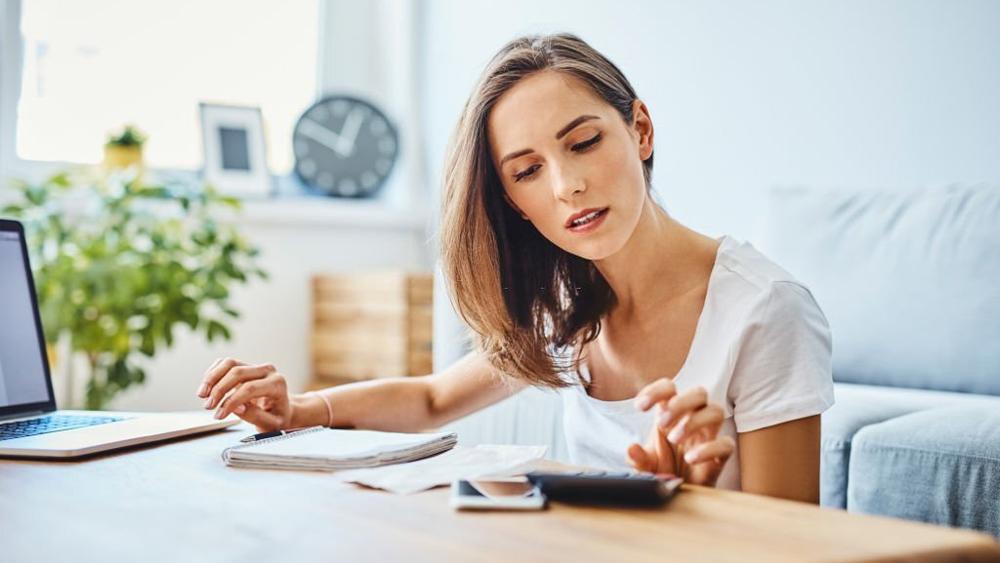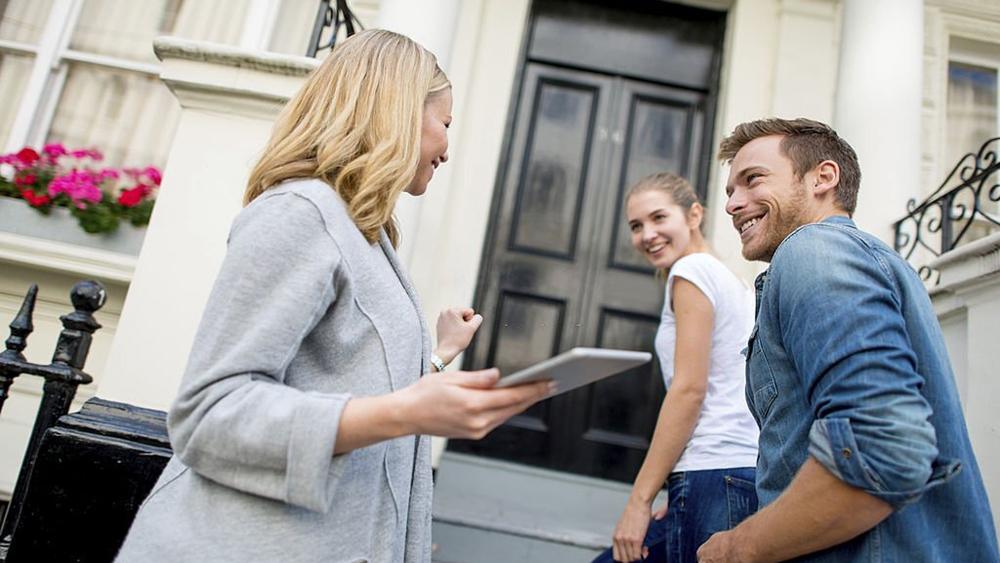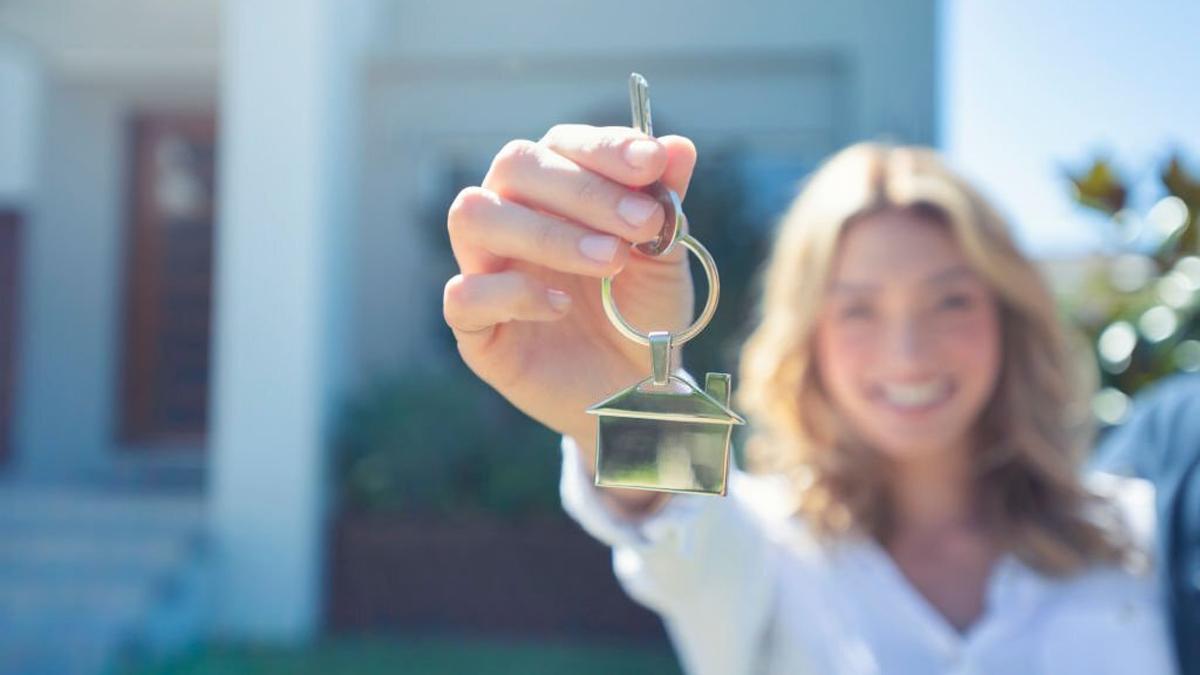Today’s youth will never buy a home. That’s what we’ve been told pretty much since the 2008 financial crisis, from which we never seemed to recover. Buying a home, whether for the first time or not, is a significant and exciting move. It’s a significant financial investment, and the process of buying a house or flat is complicated, so you’ll want to learn as much as possible about the procedures involved. That’s where we come in – use our helpful guide below to learn more about how to buy a property in your 20s. Homeownership in your mid-twenties is not a fantasy. Despite occasionally gloomy forecasts and the fact that COVID-19 has clearly harmed first-time buyers, owning a home in your mid-20s is a possibility.
Having trouble getting a mortgage to buy a home
The pandemic and accompanying lockdowns saw many banks withdraw their ‘riskier’ loans due to the impact of coronavirus on a property (e.g., 90-95 percent LTV mortgages). LTV stands for loan to value ratio, and purchasers only require a 5-10% deposit. Many would-be first-time purchasers relied on borrowing 95 percent of the purchase price from their mortgage lender because they had no property to sell to fund the purchase of a new house. As a result, it’s no surprise that low-deposit mortgage sales dropped by a third in 2020 compared to the previous year. However, improving your credit score can help you overcome this situation. Lenders can learn a lot about your personal finances from your credit score. However, you won’t need perfect credit to get a mortgage.

Building your own wealth to buy a home
Your rent funds your landlord’s mortgage, not your own. It doesn’t help you accumulate wealth, and you don’t get any of it back when the house appreciates in value. Every monthly mortgage payment you make as a homeowner goes toward your loan balance. This increases your personal equity. When you have enough equity in your house, you can use a home equity loan or refinance to convert it to cash. Many homeowners use this method to repair their homes or pay for unexpected costs or expenses. However, when you sell your home, more equity means more profit.

Make provisions for additional costs of buying a home
We advocate accumulating money in addition to the down payment to meet the numerous other expenditures associated with buying a home, including:
- Fees associated with mortgages and closing expenses
- Moving expenses
- Minor or substantial repairs, renovations
- Maintenance
- Real estate taxes and property insurance
Most lenders will also demand that you have a few months’ worth of reserves or mortgage payments in the bank.

Saving for your first house and conducting thorough research requires a lot of time and attention, especially for young folks. It is, however, a worthwhile investment because it is more financially secure and long-term than renting and provides more freedom than living with your parents. If you have difficulties finding your desired home based on your budget and career, we recommend seeking professional guidance from our realtors. We at Matin Homes real estate in Vancouver have been helping young people to find their dream homes. Whether you are in your mid-20s or older, you can rely on our professional realtors to help you with each step toward buying a home.

